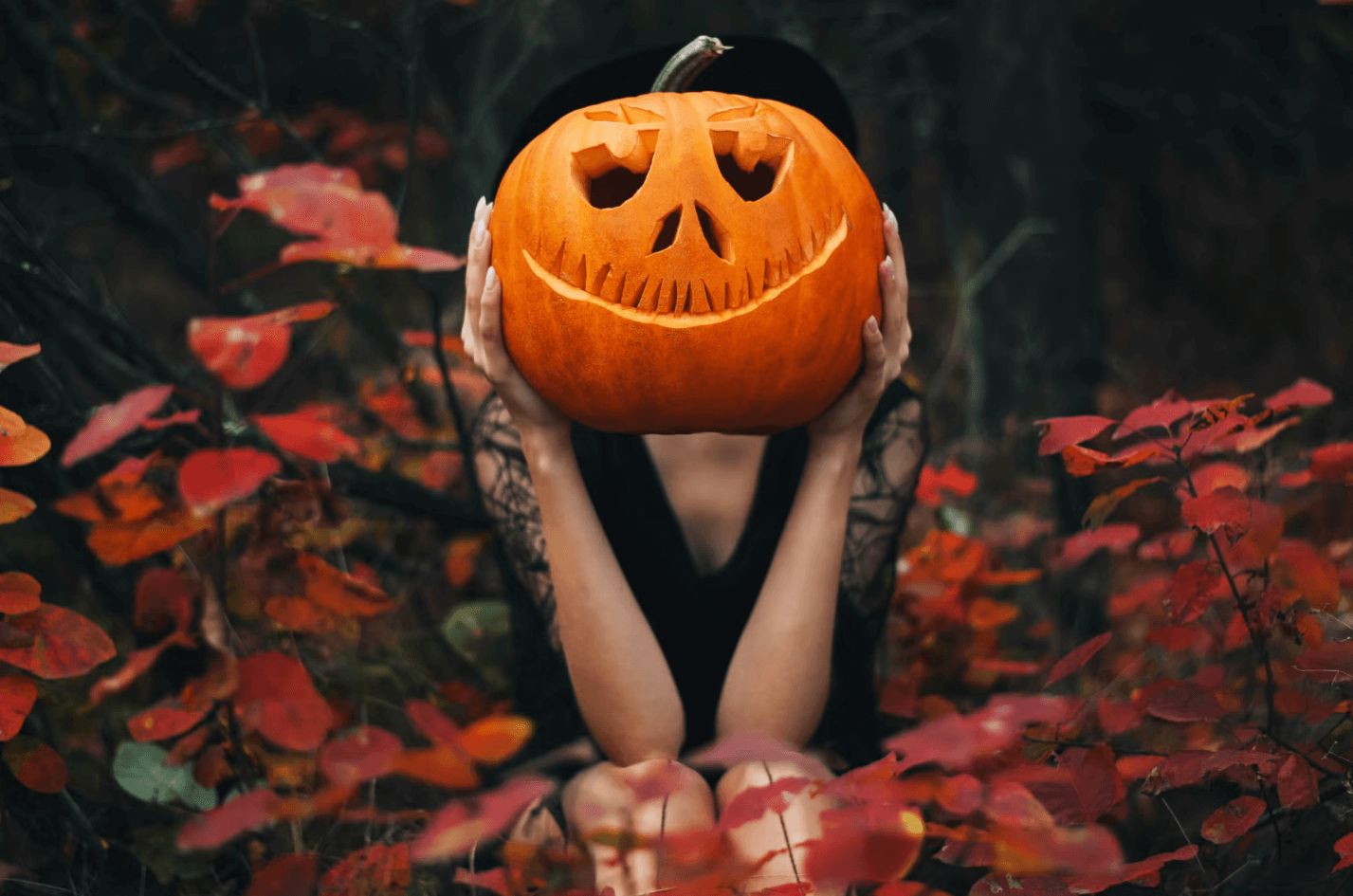- Faith Activist
- Posts
- The Christian Roots of Halloween
The Christian Roots of Halloween
How a pagan festival became a doorway for the gospel and what it means for Christians today.

Every October, many Christians face a familiar tension. As neighbors hang cobwebs and skeletons and children plan their costumes, believers often wonder. Should we participate in Halloween? For decades, churches have responded in various ways some hosting alternative Harvest Festivals, others denouncing the holiday outright, and still others navigating the tension with unease.
But here's something most people don’t realize: Halloween actually has deep Christian roots.
Yes, you read that correctly.
While the commercialized, candy-coated version we see today may feel far removed from anything sacred, the origins of Halloween are intricately tied to the Christian calendar and understanding that history may just shift how we think about this mysterious holiday.
From Samhain to All Hallows’ Eve
The roots of Halloween trace back to the ancient Celtic festival of Samhain, celebrated in what is now Ireland and Scotland. Samhain marked the end of the harvest season and the beginning of winter a time associated with death, both agricultural and spiritual. Celts believed that on the night of October 31st, the veil between the living and the dead was especially thin. To ward off evil spirits, people wore masks, lit bonfires, and carved eerie faces into turnips, placing them in windows to frighten away wandering souls.
Sound familiar?
These ancient customs door-to-door visits for treats, costumes, jack-o-lanterns echo in the modern Halloween we know today. But here’s where it gets interesting: The Christian Church didn’t reject the festival outright it repurposed it.
The Church’s Strategy of Redemption
When Christian missionaries reached Celtic regions, they didn’t obliterate Samhain; they redeemed it. They did what the Church had done with other cultural festivals: infused them with the message of the gospel.
In the 9th century, Pope Gregory IV moved All Saints’ Day a day to honor Christian martyrs and saints to November 1st, deliberately aligning it with Samhain. The evening before became known as All Hallows’ Eve eventually shortened to Halloween. It was a shrewd and redemptive act. Rather than allowing pagans to honor their dead through superstition and fear, Christians invited them to commemorate the faithful departed in light of Christ’s victory over death.
Theologian and historian Nicholas Rogers writes, “Christianity tried to overlay a Christian meaning on the pre-existing festival. But the two traditions blended.”
In other words, Halloween is not simply a pagan holiday with a Christian cover. It is also a Christian holiday with a pagan past like Christmas and Easter.
The Double Standard of Holidays
Christians often forget that many of our most cherished traditions began in pagan cultures. The Christmas tree? Pagan. Yule logs? Pagan. The timing of December 25th? Likely chosen to coincide with the Roman festival honoring the sun god, Sol Invictus. And yet, for believers today, Christmas is sacred not because of its origins, but because of its meaning. It is the celebration of Christ’s birth and the coming of hope into the world.
Easter has similar roots. Long before it was known as Resurrection Sunday, the spring equinox was a time of fertility festivals. Yet today, Easter stands as the cornerstone of Christian hope the day death was defeated.
So the question isn't just where a tradition started, but what it means now.
What Does Halloween Mean for Christians Today?
The Bible takes the spiritual world seriously. Ephesians 6 reminds us that we wrestle not against flesh and blood, but against spiritual forces. Sorcery, occult practices, and witchcraft are real and forbidden. Christians should never trivialize or engage with these things.
But that’s not what most Halloween activities today involve.
Most children are not dancing around bonfires in druidic rituals. They’re putting on Spider-Man costumes, collecting candy, and playing with glow sticks. Parents are not invoking spirits they’re snapping pictures and laughing as their kids bob for apples.
As with all cultural moments, discernment is key. Romans 14 speaks to matters of personal conviction, noting that some may regard one day as special while others see all days alike. “Let everyone be fully convinced in their own mind,” Paul writes.
If Halloween leads your family toward darkness, don’t participate. But if it’s a time to connect with neighbors, bless children, and be present in your community, then participate in a way that reflects Christ.
As one Barna survey shows, only 31% of non-Christians have had a meaningful conversation with a believer about faith in the past year. Halloween, with its open doors and porch lights, might just be one of the most organic opportunities to engage your neighborhood all year.
Redeeming the Night
Instead of fearing Halloween, what if Christians reclaimed it again? What if we turned on our porch lights, handed out full-sized candy bars, and greeted neighbors with kindness and warmth? What if we used the occasion not to scold culture but to reflect the light of Christ?
You don’t have to dress as a Bible character or tape a tract to a candy bar (please don’t do that). But you can embody Christ’s hospitality and joy, even on a night that once carried darker connotations.
God has a habit of turning what was meant for evil into something good. Halloween can be one more example.
So if you’re going to participate this year, do it thoughtfully. And if you choose not to, that’s valid too. But let’s remember that our faith is strong enough to stand on truth even in the midst of pumpkins, costumes, and sugar highs.
And next time someone asks about Halloween’s origins, you might surprise them with how much of it points back to the Church.
If you learned something new here, share this with a friend or subscribe to our newsletter for more faith-filled insights and stories.
Reply